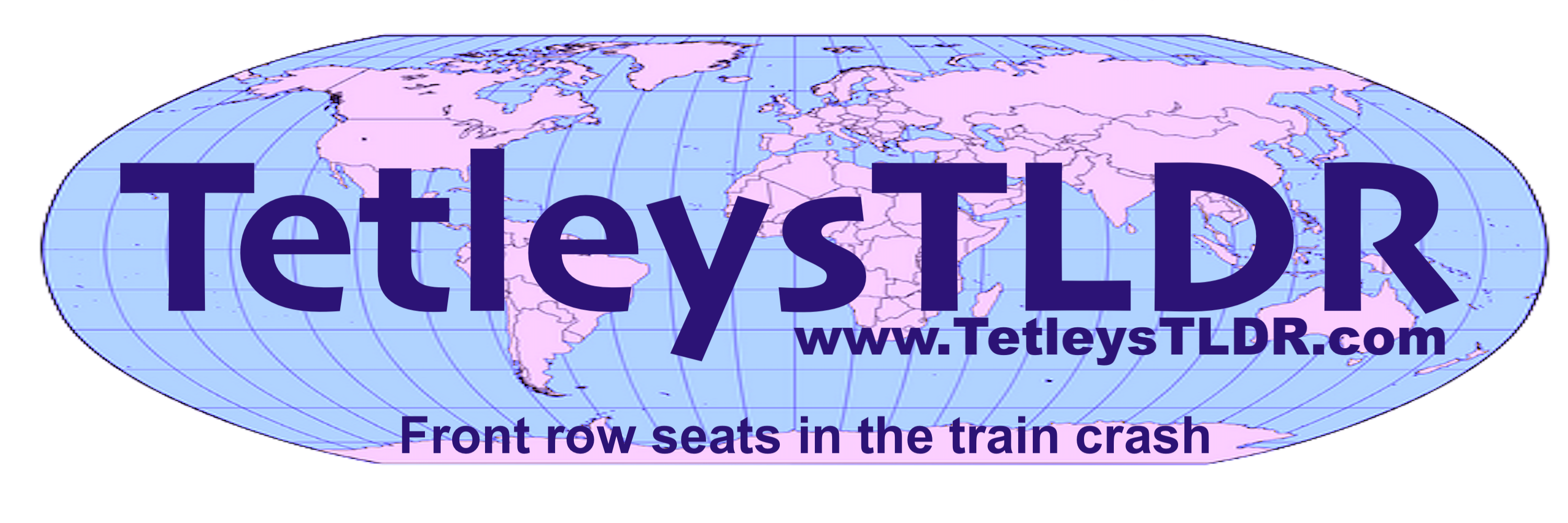We need to talk about Ukraine
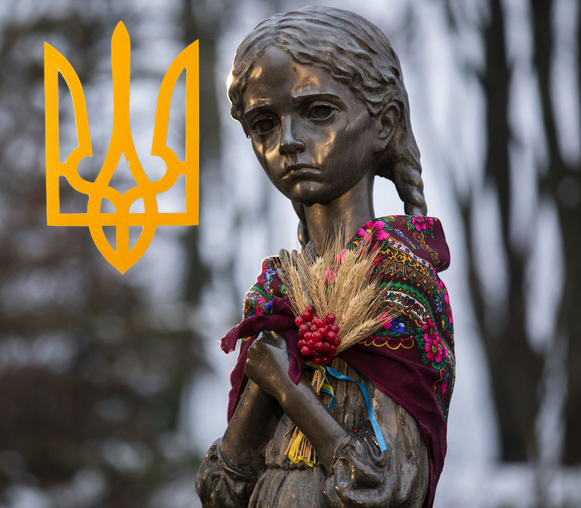
When I was at school I learned about Edward I: the so called Scottorum Malleus or 'Hammer of the Scots'. He was a French speaking English King that believed England should rule all our Islands, and most of France as well. He made the Welsh second class citizens in their own land, surrounded them with castles and forbade the speaking and writing of Welsh on pain of death. He put colonies in Ireland that were beyond brutal to the local Irish and decimated the nobility in Scotland, leading to 300 years of civil war in Scotland and ultimately a Scottish King on the English throne in James VI(1) He was portrayed to us as a national hero when clearly with only the slighest of scrutiny, we could see him for what he was - a brutal war criminal who had no value for human life. Then there was Cromwell, loved in England - rightly hated in Ireland and if Drogheda was the only massacre in Irish history that would be a blessing but of course it wasn't. Similarly the Victorians starved Ireland following a potato blight and called it a famine when it was really a genocide. Churchill, again, a war hero for defeating fascism but his record in Ireland, Bengal and the pits of South Wales leave a lot to be desired to say the least.
So what has this gone to do with Ukraine? We all the things above have been done to Ukraine by Russia - and done on steroids. There have been more than a few times when the Russians tried to erase not only the concept of Ukrainian nationhood but also Ukrainian languange, culture and identity itself. The conflict between Ukraine and Russia did not start in 2014.
The atrocities carried out by England are no longer in living memory, so It's easy for me to sit here typing this and for us 1000 miles away from the front to understand what the Ukrainiains are going through. Have you ever wondered why the Ukrainians are fighting with such ferocity against an enemy so much larger than them? It's because they know exactly what’s at stake. They've seen the brutal realities of imperialism up close: the forced deportations, the mass graves, the children stolen from their families and shipped off to be reprogrammed by a gangster state run by oligarchs and spooks. They're not fighting for NATO or some politician's fantasy of a 'rules-based order', they aren't some sort of CIA construct. They're fighting because they know that Russian conquest means the death of their culture, their freedom, and their right to exist. They remember their history: the Holodomor, the purges, the decades of forced Russification. And like every people crushed under the boot of an empire, they are proving, with blood, with fire, with raw defiance, that no matter how many tanks you roll across their land, you will never make a people forget what freedom tastes like.
The relationship between Russia and Ukraine has been fraught with tension, conflict, and mistrust long before the events of 2014. Historical grievances ranging from cultural repression to famine have shaped the often adversarial dynamic between the two nations. Central among these are the systematic suppression of the Ukrainian language and the devastating Holodomor famine. Understanding this complex history is essential to grasping the roots of their modern conflict.
The seeds of tension were sown in the 17th century when Ukrainian Cossack leaders, seeking protection from Polish domination, entered into an alliance with Moscow through the Treaty of Pereyaslav in 1654. What began as a protective arrangement gradually evolved into domination, as Russia absorbed Ukrainian territories more directly.
By the 18th and 19th centuries, the Russian Empire pursued aggressive policies of centralisation and cultural assimilation. The Ukrainian Hetmanate, a form of Cossack self-rule, which had given Ukraine a semblance of independence within the empire was abolished by Catherine the Great in 1764. Throughout the 19th century, Russification policies sought to suppress Ukrainian identity. In 1876, Tsar Alexander II issued the Ems Ukaz, a decree banning the printing, importation, and public performance of Ukrainian-language materials. Ukrainian was marginalised in schools, churches, and public life, reinforcing perceptions among Ukrainians that Russia intended to erase their culture.
After the Russian Revolution of 1917, Ukraine briefly enjoyed a period of independence as the Ukrainian People's Republic. However, by the early 1920s, the Soviet regime reasserted control, establishing the Ukrainian Soviet Socialist Republic as part of the USSR. Initially, Soviet policies under Vladimir Lenin encouraged 'korenizatsiya' ('indigenisation'), which allowed for a revival of Ukrainian culture and language. Yet this brief renaissance was reversed by the late 1920s under Joseph Stalin, who shifted toward renewed centralisation and Russification.
One of the darkest chapters in Ukrainian history unfolded during the Holodomor of 1932–1933. As part of Stalin's campaign of forced collectivisation, Ukrainian peasants were subjected to brutal grain requisition quotas. Soviet authorities seized not only grain but also other foodstuffs, leaving rural populations to starve. The result was catastrophic: estimates suggest that between 3.5 and 7 million Ukrainians perished. Scholars and the Ukrainian government regard the Holodomor as a deliberate act of genocide, aimed at crushing Ukrainian nationalism and resistance to Soviet policies. Stalin also suppressed information about the famine and blocked international aid efforts, deepening the tragedy. The Holodomor remains a profound wound in Ukrainian national memory and a fundamental grievance in Ukraine's historical relationship with Russia.
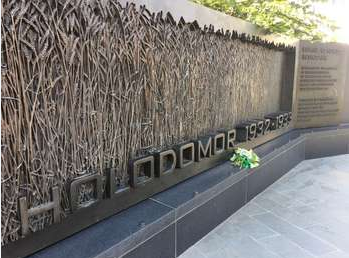
It is not surprising then that in the first instance, during World War II, parts of the Ukrainian population viewed the invading Germans as potential liberators from Soviet oppression, a complex and controversial reality. However, Nazi atrocities soon dispelled such hopes, and after the war, Soviet authority was reimposed with brutal efficiency. Ukrainian nationalist movements were ruthlessly crushed. The postwar period saw mass arrests, deportations to Siberian labour camps, and the execution of nationalist leaders. Throughout this time, the promotion of the Russian language and culture at the expense of Ukrainian identity continued.
Despite enduring repression, Ukrainians made significant contributions to the Soviet Union, particularly during World War II, when they were disproportionately represented among recipients of the title Hero of the Soviet Union, the USSR’s highest military honour. Ukrainians formed a crucial part of the Red Army and the Soviet war effort against Nazi Germany. Among them was Ivan Kozhedub, a fighter ace credited with 62 aerial victories: the highest number for any Allied pilot during the war. Sydir Kovpak, a legendary partisan leader, carried out daring raids deep behind German lines, undermining the Nazi occupation. Lyudmila Pavlichenko, though born in modern-day Ukraine, became one of the deadliest Soviet snipers, with 309 confirmed kills. The iconic photo of the Russian soldier placing the flag on the Reichstag in Berlin, 80 years ago almost to the day was Alexei Berest, and the photo was taken by Yevgeny Khaldei, both Ukrainians. Despite the oppression, 7 million Ukrainians fought for the Red Army and almost 2 million lost their lives. Beyond the battlefield, Ukrainians like Serhiy Korolyov, the father of the Soviet space program, were instrumental in achievements such as launching the first human into space. These contributions underscore Ukraine’s central role in Soviet successes, even as its national identity and freedoms were suppressed.
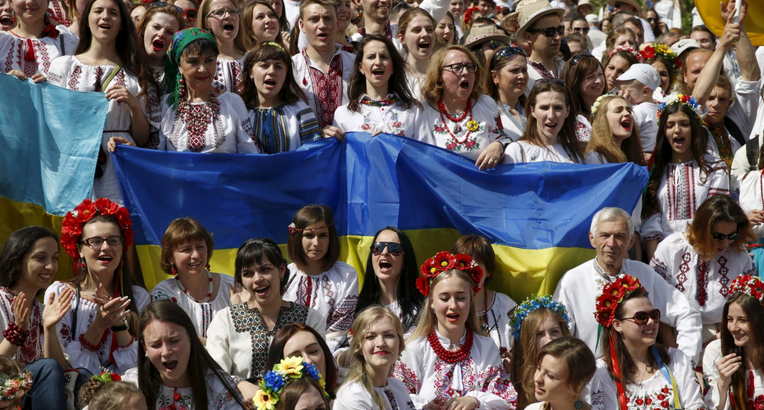
Even after Stalin's death, under leaders like Nikita Khrushchev and Leonid Brezhnev, Ukraine remained tightly controlled from Moscow. Although Khrushchev famously transferred Crimea from the Russian Soviet Federative Socialist Republic to Ukraine in 1954, a move meant to symbolise friendship, real autonomy was limited. Dissidents who advocated for Ukrainian language rights, democratic reforms, and national sovereignty, such as Viacheslav Chornovil and Levko Lukianenko, faced imprisonment and persecution. In education, administration, and media, Russian was prioritised, and Ukrainian was often stigmatised as backward or provincial.
Ukraine declared independence in 1991 following the collapse of the Soviet Union, with more than 90% of voters supporting the move. Despite initial cooperation, old tensions resurfaced quickly. Disputes over the Black Sea Fleet, energy supplies, and the status of Crimea strained relations. Language remained a major point of contention. In eastern and southern Ukraine, many ethnic Russians and Russian-speaking Ukrainians pushed for greater recognition of Russian, while many in western and central Ukraine advocated for strengthening Ukrainian as the sole official language. Meanwhile, Ukraine’s moves toward European integration, including aspirations to join NATO and the European Union, were viewed in Moscow as existential threats to Russian influence.
Russia's historical behavior toward its neighbours has repeatedly demonstrated that it is not a trustworthy partner. Broken promises, political interference, and outright aggression characterised its relationships with former Soviet republics and Eastern European states. From the brutal suppression of uprisings in Hungary in 1956 and Czechoslovakia in 1968, to the manipulation of energy supplies as political leverage, Moscow consistently used coercion rather than cooperation. It is no wonder, then, that Ukraine, the Baltic states, and the former Warsaw Pact countries sought to distance themselves from Russia’s influence as soon as they had the chance by pursuing membership in the European Union and NATO. For these nations, integration with the West was not merely an economic or security choice, it was a fundamental rejection of the authoritarianism, instability, and imperial nostalgia that Russian policy too often represented.
Ukraine’s fierce resistance to renewed Russian domination stems from this long and painful historical experience. After gaining independence, Ukraine's sovereignty was formally guaranteed by the United States, the United Kingdom, and Russia itself under the Budapest Memorandum of 1994, in which Ukraine agreed to relinquish its inherited Soviet nuclear arsenal in exchange for assurances of territorial integrity and political independence. However, Russia’s 2014 annexation of Crimea and its support for separatists in eastern Ukraine shattered those promises.
The Euromaidan protests of 2013–2014 reflected a deep popular desire to move away from the Russian sphere of influence and toward integration with the European Union and NATO. Ukrainians sought a future rooted in democracy, the rule of law, and Western institutions, not a return to authoritarian subjugation. The West initially rallied behind Ukraine, imposing sanctions on Russia and providing various forms of support. Yet divisions later emerged, particularly under the Trump administration, which at times appeared ambivalent about America’s commitments to Ukraine and NATO, contributing to a sense of uncertainty in Kyiv. Despite these challenges, Ukrainians have shown remarkable determination to defend their sovereignty, seeing their struggle not just as a territorial defense, but as a civilisational choice between autocracy and democracy.
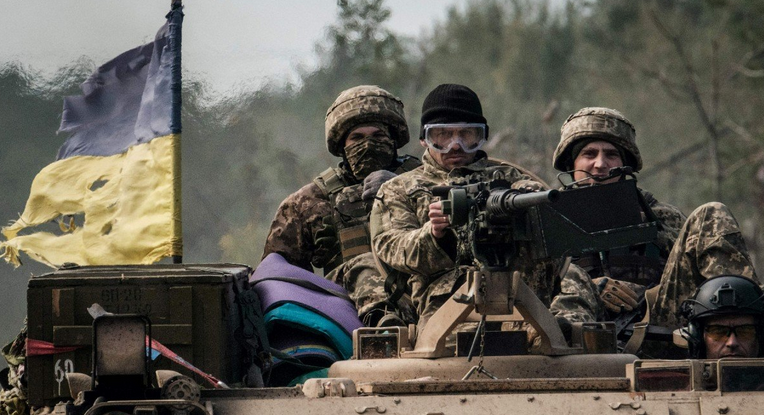
The West’s blind spot over Ukraine reeks of a cowardice we’ve seen before, and we know exactly how it ends. Just like in the 1930s, when politicians and press barons smeared the Spanish Republicans fighting Franco’s fascists, or sniggered at Churchill while Hitler rearmed, today’s cowards would rather knife Zelenskyy in the back than face up to the fight in front of them. Instead of confronting a mafia state waging a war of extermination, they retreat into ad hominem filth, painting Zelenskyy as a 'corrupt actor,' a 'grifter,' a 'beggar,' anything to excuse their own spinelessness, and by definition they personify in this their contempt for an oppressed people fighting for their very survival. Tucker Carlson, Nigel Farage, Elon Musk"all lining up to peddle the same rotten talking points that once excused Mussolini and Hitler. It’s not about facts; it’s about breaking the will to resist, softening up public opinion for surrender. Zelenskyy terrifies them not because he’s perfect, he's far from that, but because he exposes their utter moral bankruptcy: a man willing to fight, to bleed, and to rally a free people, while they count their blood money and sneer from the sidelines. History remembers those who stand, and it also remembers the ones who spat on the defenders of freedom while fascism rolled over the world. It will remember them again.
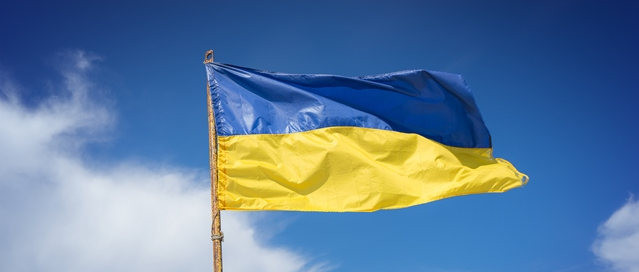
The West needs a wake up call, especially Trump. If Ukraine is forced to give up land to Russia, it won't end the war, it will detonate a chain reaction that will most likely rip Europe apart for a generation. Putin will see it not as a compromise, but as proof that his mafia-state tactics: the massacres, the torture chambers, the kidnapped children work. It will be a springboard for more war, more blood, more dead teenagers in muddy fields. And don't think it’ll stop with Ukraine. Moldova, Georgia, the Baltics, they’re already earmarked for “liberation” by the Kremlin’s death cult. Meanwhile, in the West, cowards and collaborators line up to hand him the knife. Trump, has already threatened to pull the US out of NATO and cheered on Putin’s 'genius' invasion plans. If Ukraine falls, NATO’s credibility will be next, and the message to the world will be clear: democracy is for the taking if you’ve got enough tanks and enough sociopaths willing to kill for it. Capitulating to Russia now isn’t peace. It’s the first shovelful of dirt on the grave of everything the postwar world was supposed to stand for.
History won’t be kind to the cowards who smeared the defenders and cheered the butchers. It never is. And when the next war crashes through their front doors, no amount of sneering will save them.
